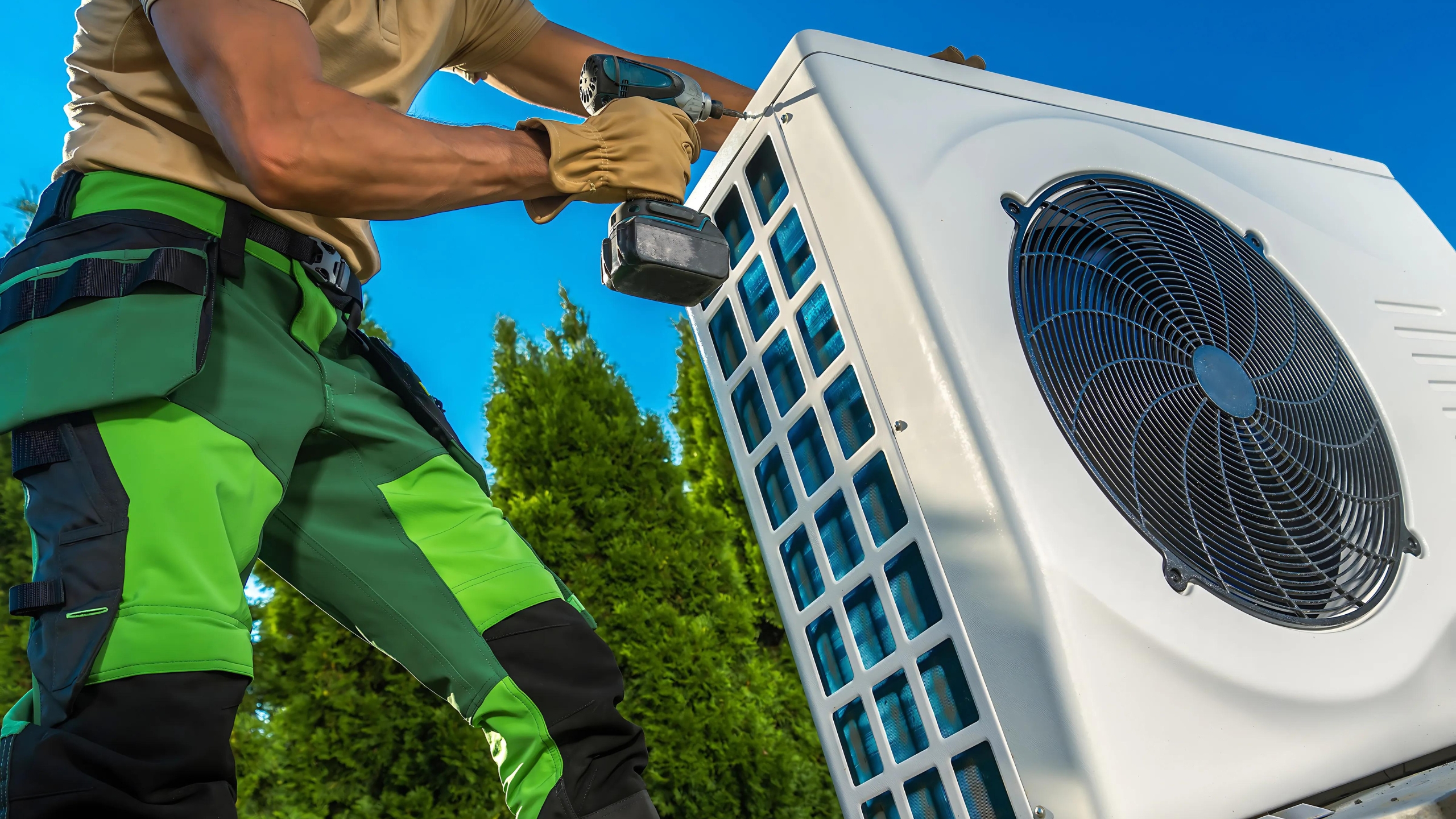
HVAC (Heating, Ventilation, and Air Conditioning) systems are essential for maintaining comfortable indoor environments, but they can also be significant energy consumers. Improving the efficiency of your HVAC system not only reduces energy costs but also enhances system performance and extends its lifespan. This guide explores strategies to maximize HVAC efficiency, helping you to lower your energy bills and reduce your environmental impact.
Why HVAC System Efficiency Matters
1. Energy Savings
An efficient HVAC system consumes less energy to achieve the same level of comfort, leading to substantial savings on utility bills. This is especially important in large buildings or facilities where heating and cooling costs can account for a significant portion of overall expenses.
2. Environmental Impact
By reducing energy consumption, an efficient HVAC system also lowers greenhouse gas emissions. This contributes to a more sustainable operation and aligns with environmental regulations and initiatives aimed at reducing carbon footprints.
3. Enhanced Comfort and Air Quality
Efficiency improvements can lead to more consistent temperatures and better air quality within your space. This not only enhances occupant comfort but can also improve health and productivity by reducing the presence of allergens, pollutants, and other contaminants.
Key Strategies for Improving HVAC Efficiency
1. Regular Maintenance
Routine maintenance is crucial for keeping your HVAC system running efficiently. Regular inspections and tune-ups can identify and address issues before they lead to costly repairs or inefficiencies.
- Filter Replacement:Replace air filters regularly to ensure proper airflow and reduce strain on the system.
- Cleaning Coils and Ducts:Clean evaporator and condenser coils, as well as air ducts, to prevent dust and debris buildup that can impede system performance.
- Checking Refrigerant Levels:Ensure refrigerant levels are optimal, as low levels can reduce cooling efficiency and damage the compressor.
2. Upgrade to Energy-Efficient Equipment
If your HVAC system is outdated, consider upgrading to newer, energy-efficient models. Modern systems are designed to use less energy while providing superior performance.
- High-Efficiency HVAC Units:Look for units with high SEER (Seasonal Energy Efficiency Ratio) ratings for air conditioners and high AFUE (Annual Fuel Utilization Efficiency) ratings for furnaces.
- Smart Thermostats:Install programmable or smart thermostats to optimize temperature settings based on occupancy patterns, reducing energy waste.
- Variable Speed Systems:Consider systems with variable-speed motors, which adjust the speed of fans and compressors to match the heating or cooling demand, increasing efficiency.
3. Optimize System Controls
Effective control of your HVAC system can significantly enhance efficiency. Utilize advanced controls and automation to ensure that the system operates only when needed and at optimal settings.
- Zoning Systems:Implement zoning systems to heat or cool specific areas independently, avoiding the waste of conditioning unoccupied spaces.
- Energy Management Systems:Use energy management systems to monitor and adjust HVAC operations in real-time, optimizing energy use across the facility.
4. Improve Insulation and Sealing
Even the most efficient HVAC system can struggle if the building envelope is not properly insulated and sealed. Ensuring that your facility is well-insulated and free of air leaks can drastically reduce the heating and cooling load on your system.
- Seal Air Leaks:Inspect and seal gaps around windows, doors, and ducts to prevent air leakage.
- Insulate Walls and Attics:Adequate insulation in walls, attics, and crawl spaces helps maintain consistent indoor temperatures and reduces the demand on your HVAC system.
- Window Treatments:Use energy-efficient window treatments, such as blinds or curtains, to reduce heat gain in the summer and heat loss in the winter.
5. Utilize Renewable Energy Sources
Incorporating renewable energy sources into your HVAC system can further reduce energy consumption and costs.
- Solar-Powered HVAC Systems:Install solar panels to power your HVAC system, reducing reliance on grid electricity and lowering energy bills.
- Geothermal Heating and Cooling:Consider geothermal systems that use the earth’s stable temperatures to provide efficient heating and cooling, reducing energy use and environmental impact.
6. Monitor and Analyze System Performance
Continuous monitoring of your HVAC system’s performance can help identify inefficiencies and areas for improvement. Use data analytics and IoT (Internet of Things) solutions to track energy use and system operation.
- Energy Audits:Conduct regular energy audits to assess the overall efficiency of your HVAC system and identify potential improvements.
- Performance Metrics:Track key performance metrics such as energy consumption, runtime, and temperature consistency to ensure the system is operating efficiently.
Benefits of Maximizing HVAC Efficiency
1. Lower Operating Costs
By improving HVAC efficiency, you can significantly reduce operating costs, freeing up resources for other critical areas of your business or household.
2. Extended Equipment Lifespan
Efficient HVAC systems experience less wear and tear, leading to fewer breakdowns and extending the lifespan of the equipment. This reduces the frequency and cost of replacements.
3. Improved Comfort and Productivity
A well-maintained and efficient HVAC system provides consistent temperatures and better air quality, creating a more comfortable and productive environment for occupants.
4. Regulatory Compliance
Many regions have regulations in place to encourage energy efficiency and reduce emissions. By optimizing your HVAC system, you can ensure compliance with these regulations and avoid potential penalties.
Conclusion
Maximizing the efficiency of your HVAC system is a smart investment that pays off in reduced energy costs, enhanced comfort, and environmental benefits. By following the strategies outlined in this guide—such as regular maintenance, upgrading to energy-efficient equipment, and optimizing system controls—you can ensure your HVAC system operates at peak efficiency year-round. Whether you’re looking to cut costs, improve comfort, or contribute to a greener future, improving HVAC efficiency is a crucial step toward achieving your goals.